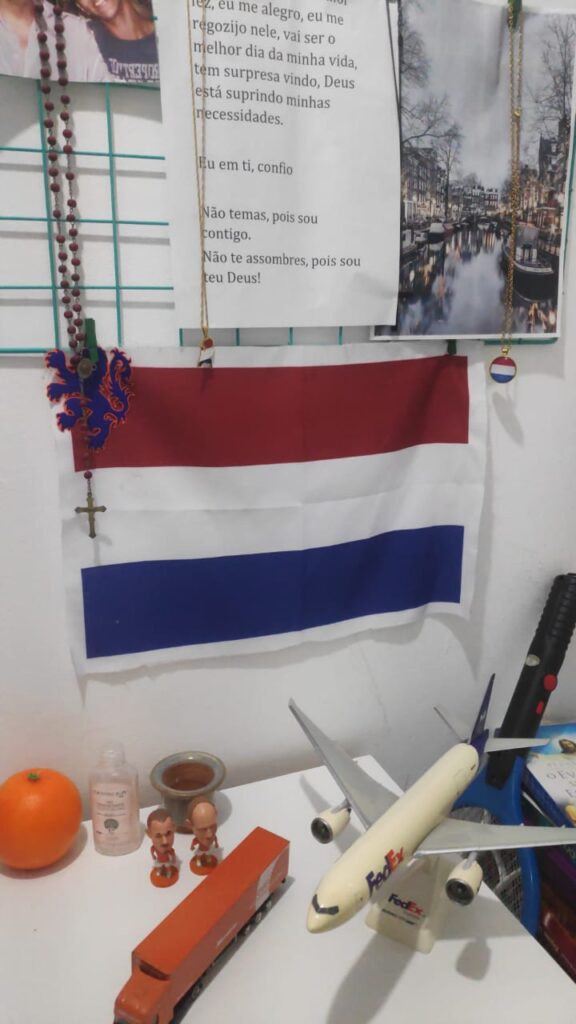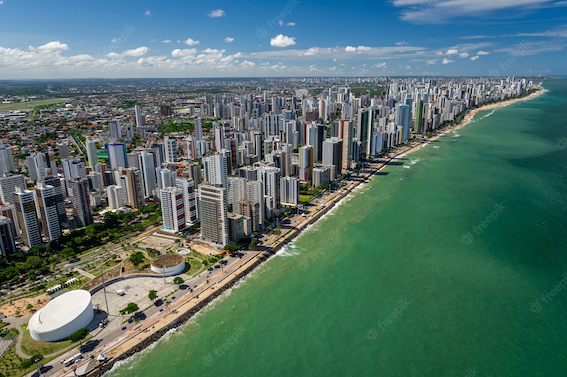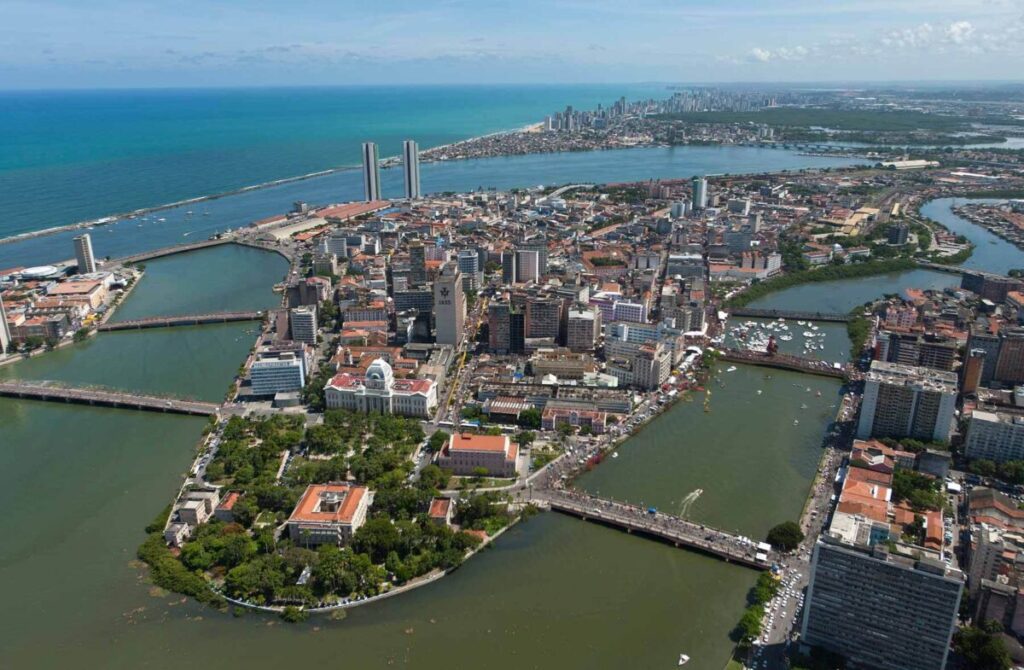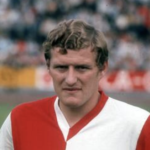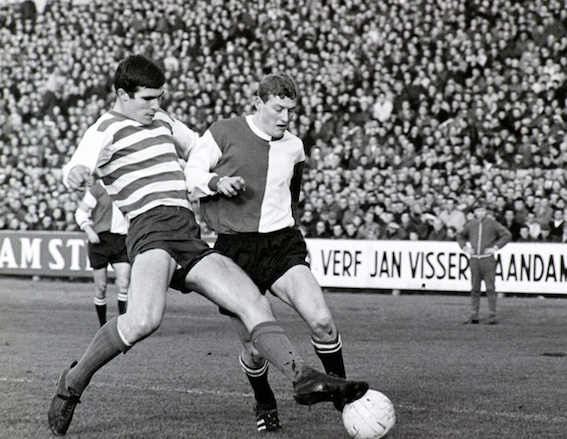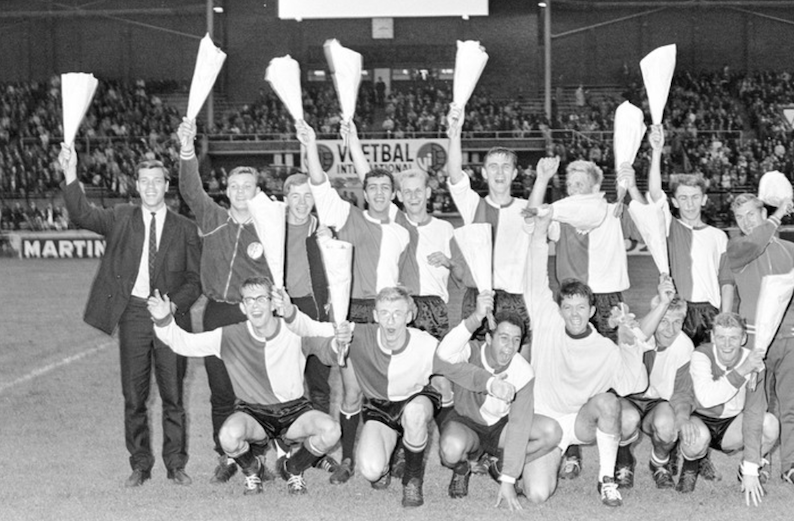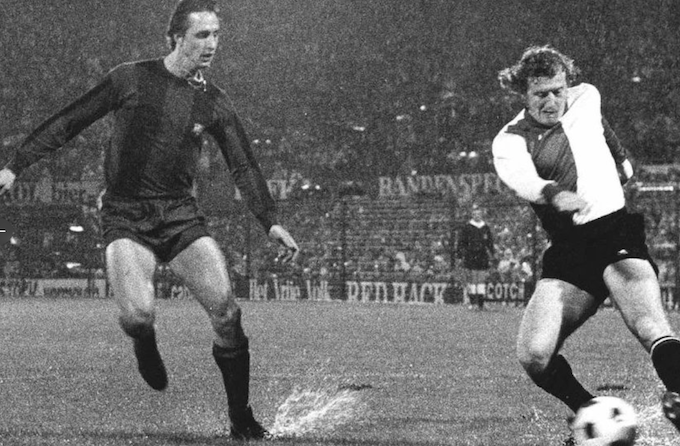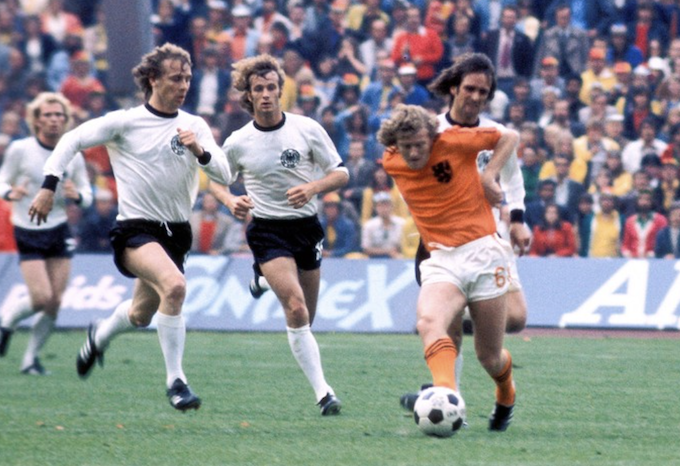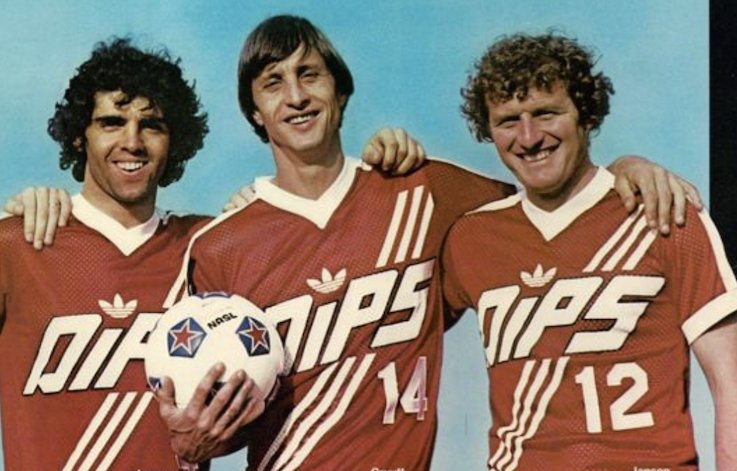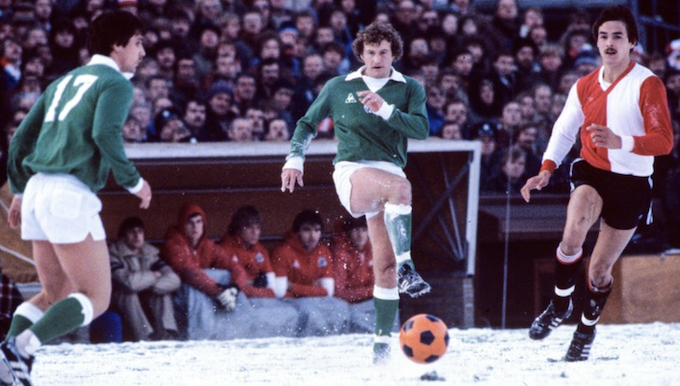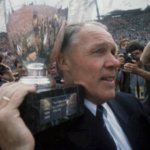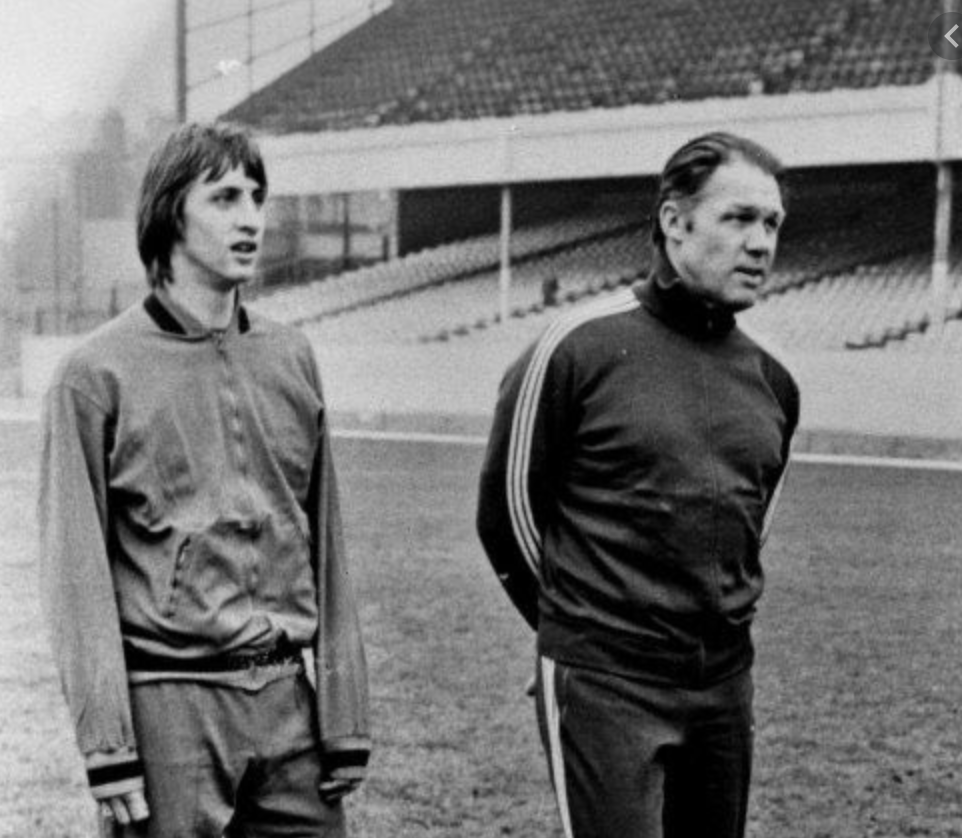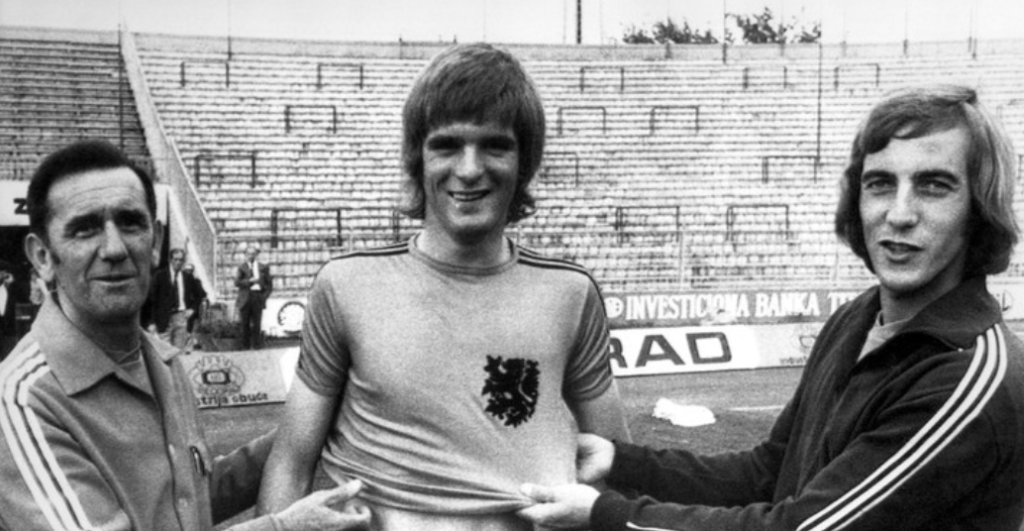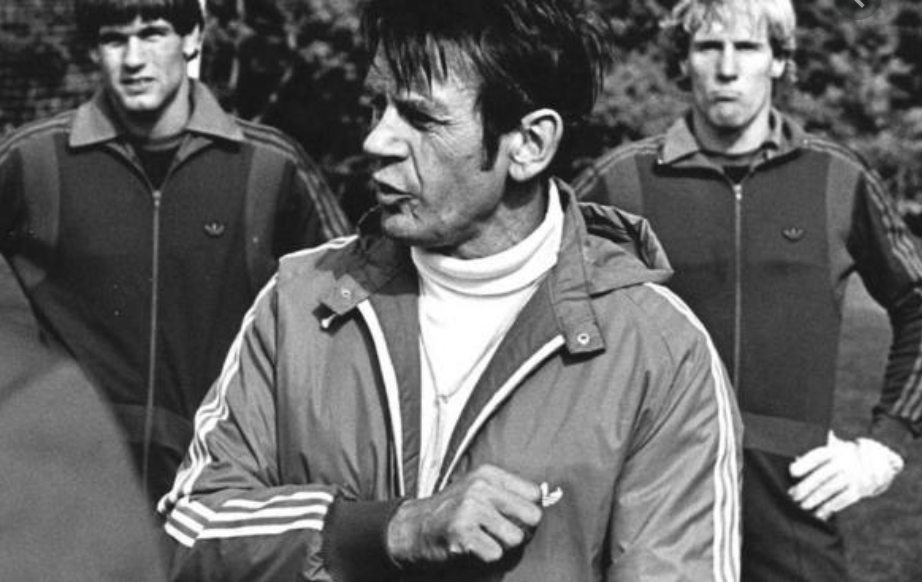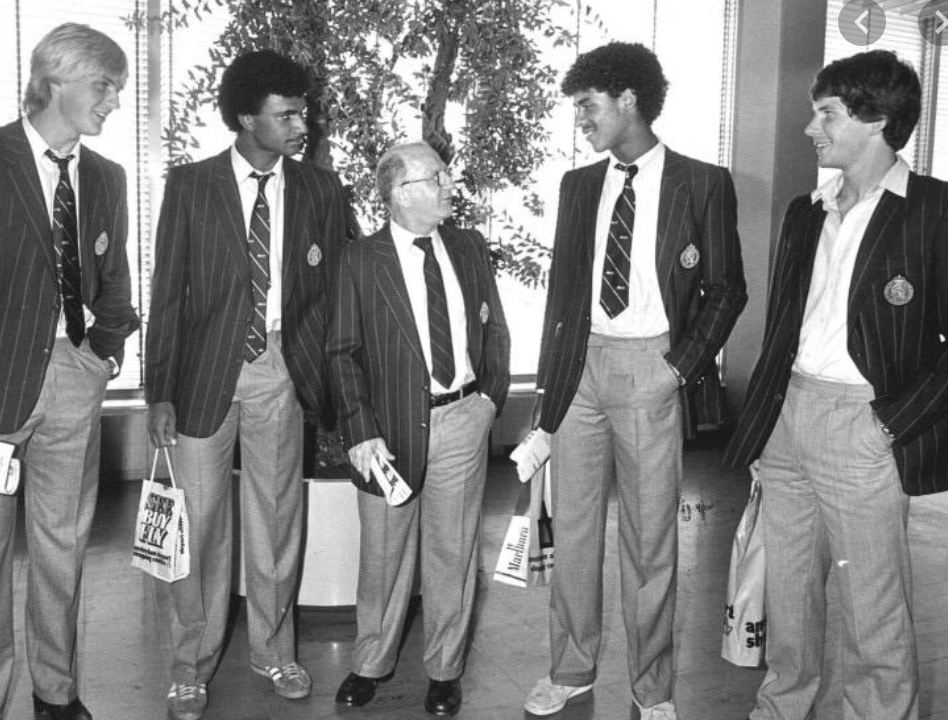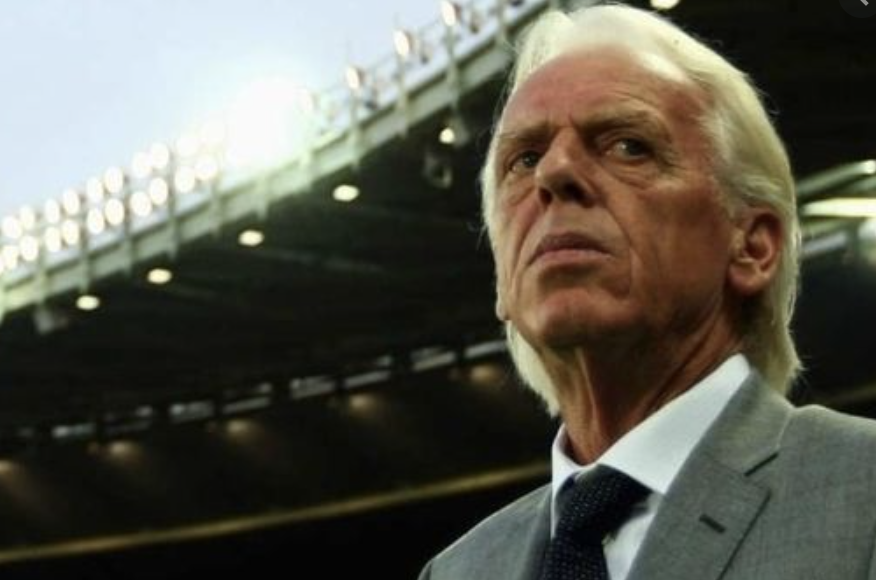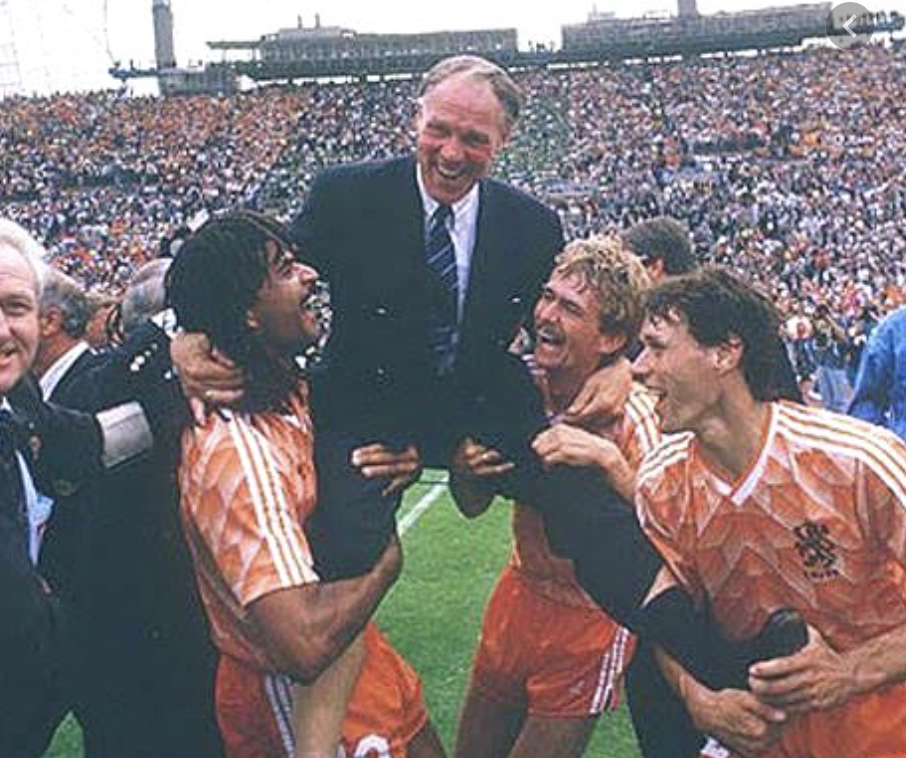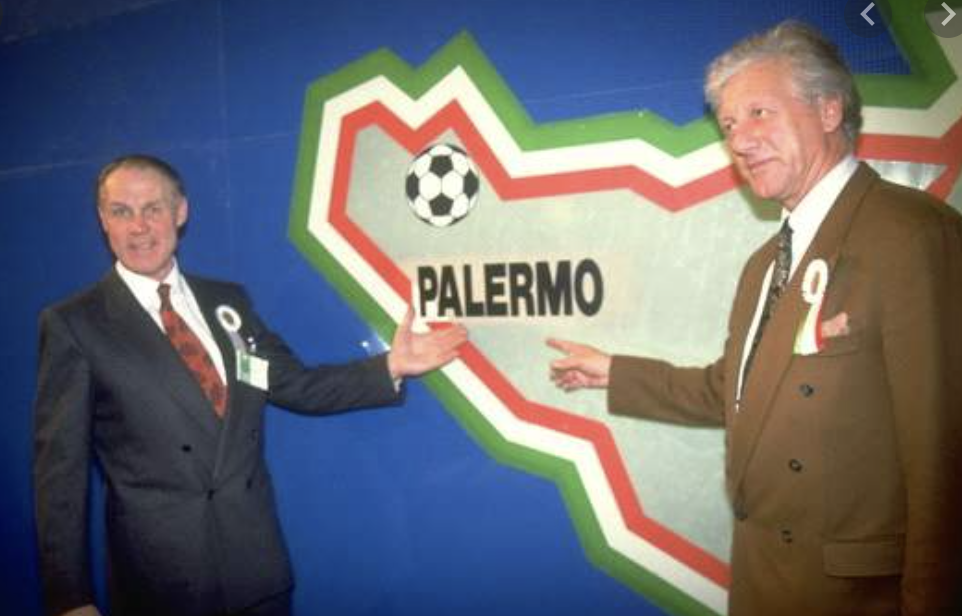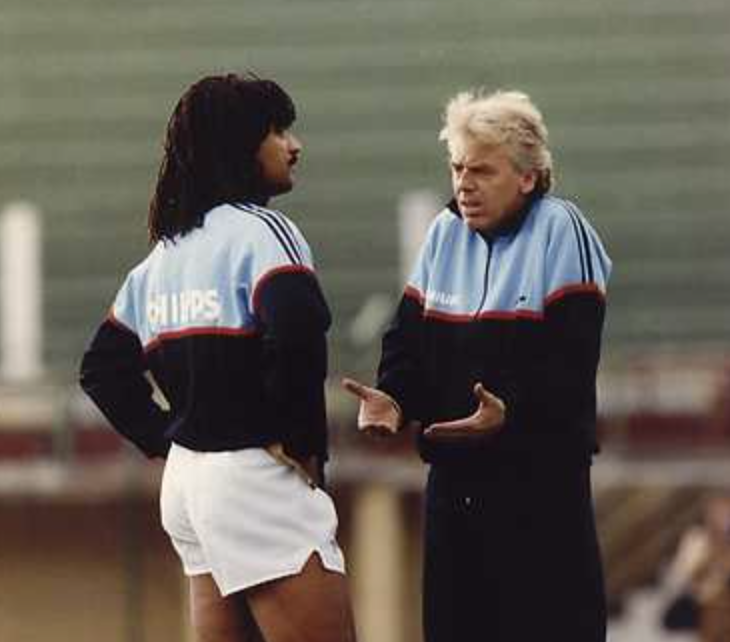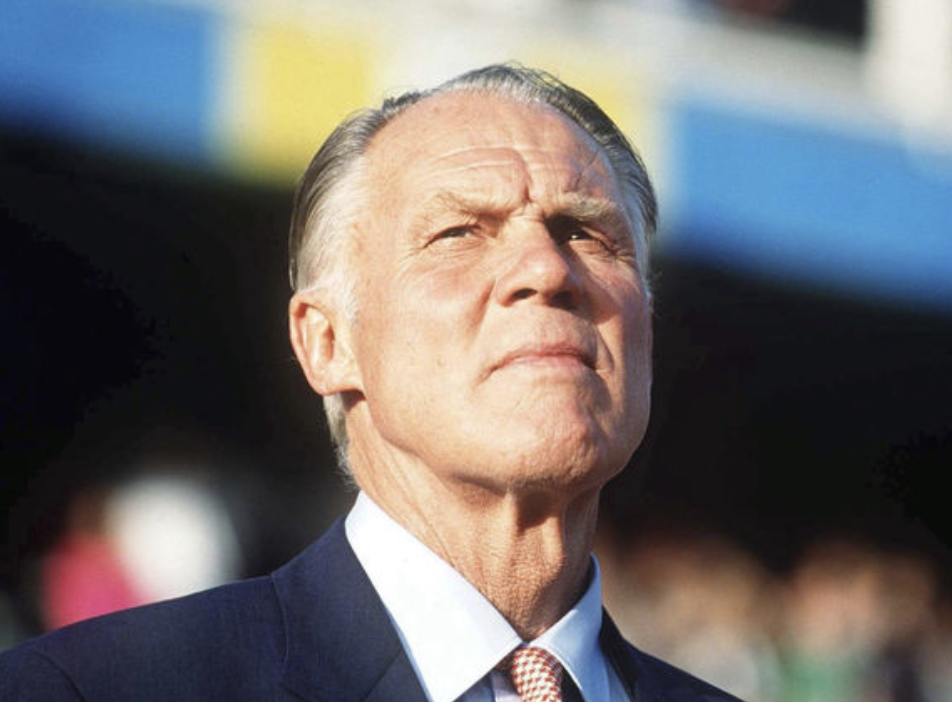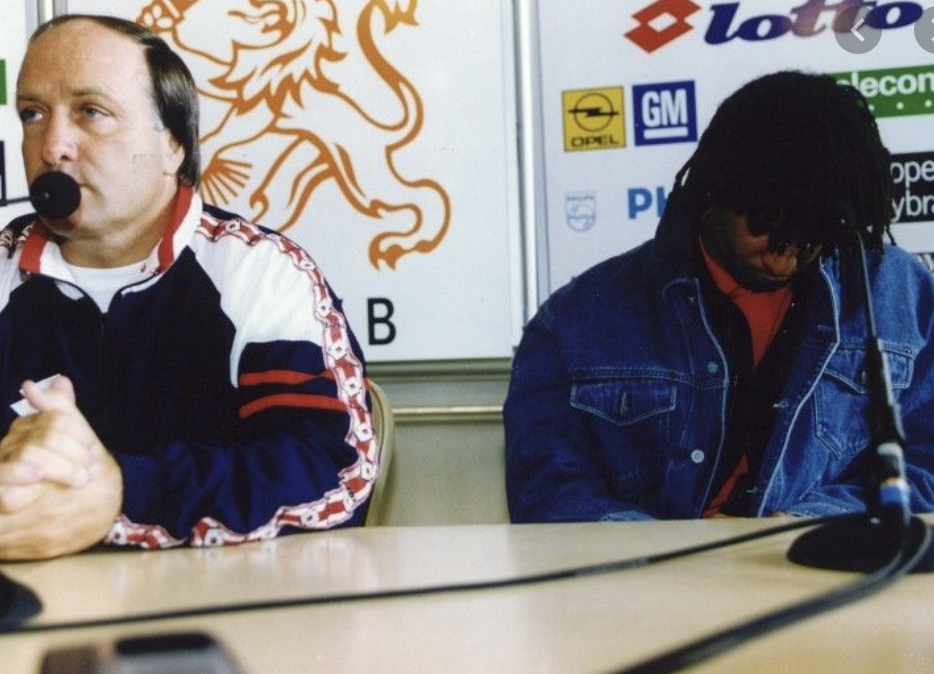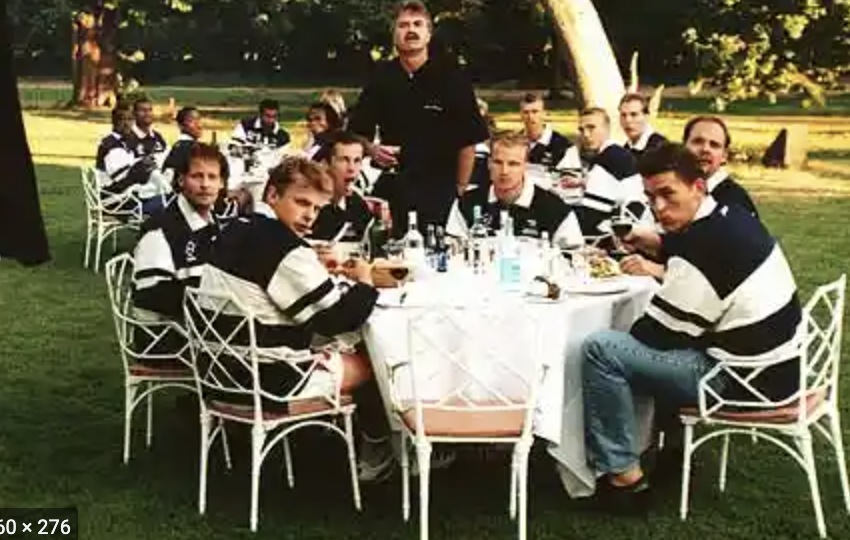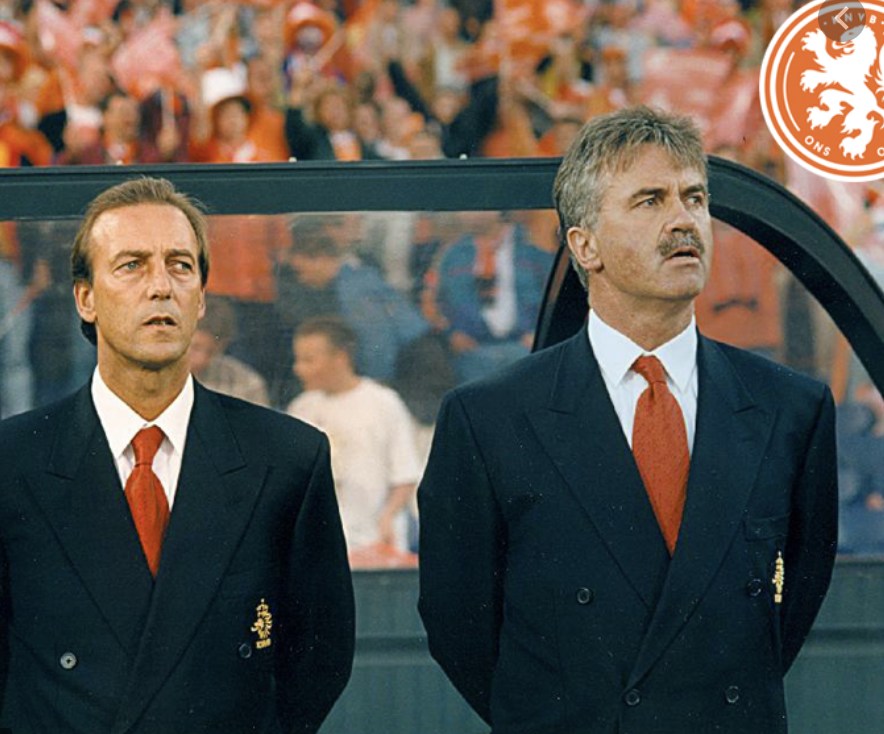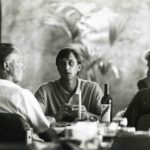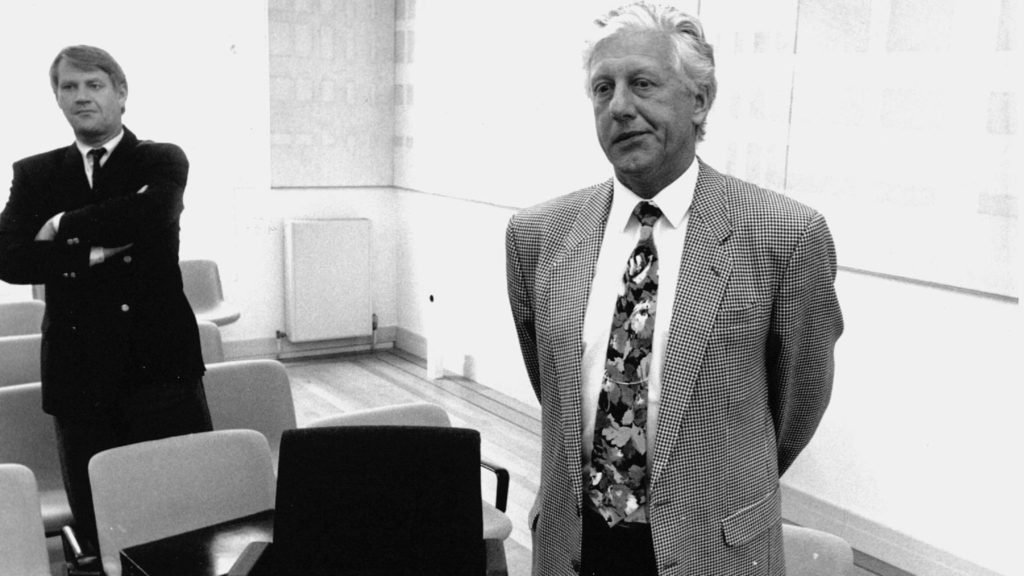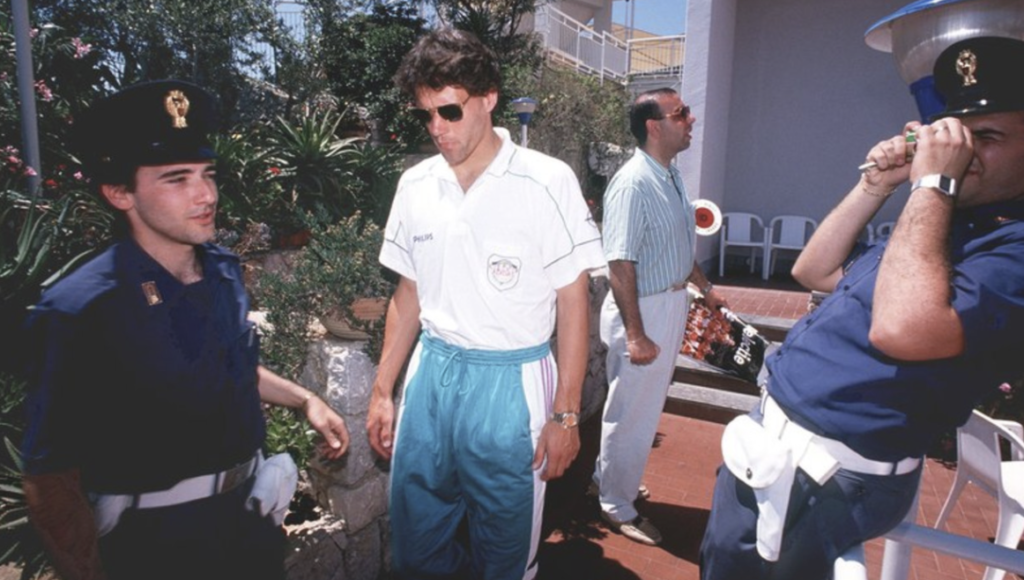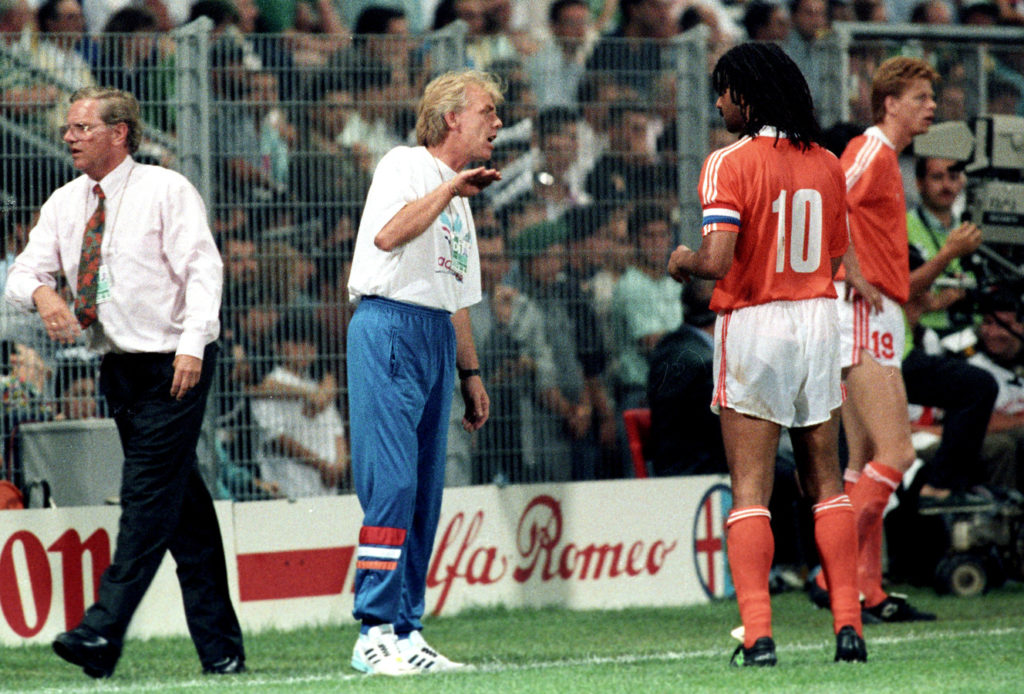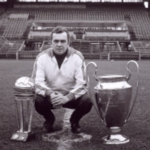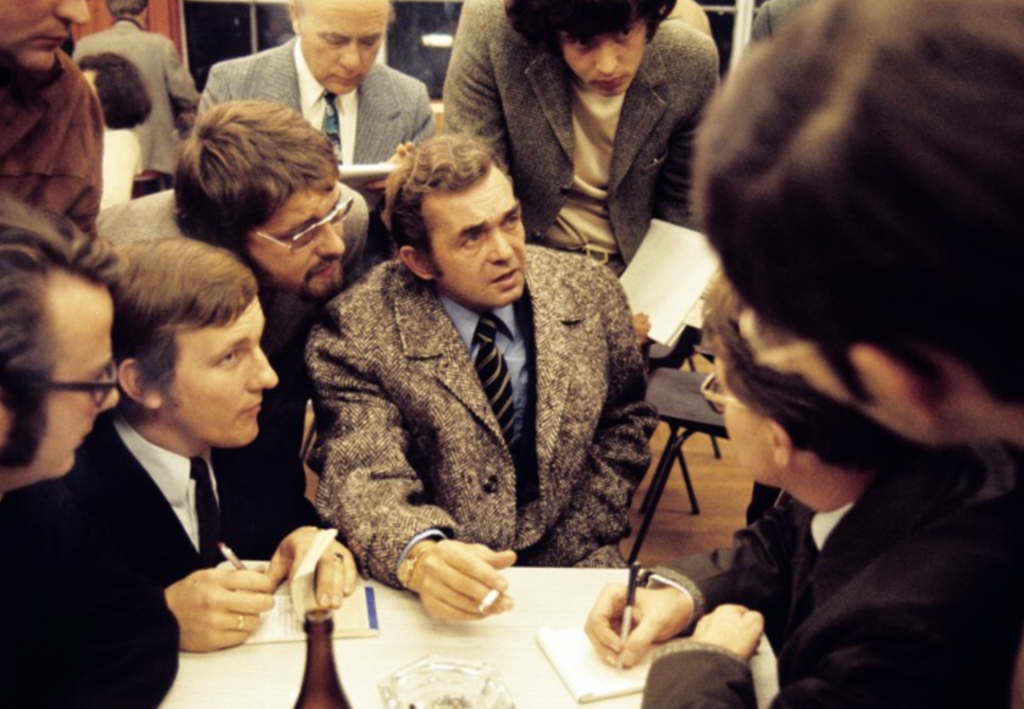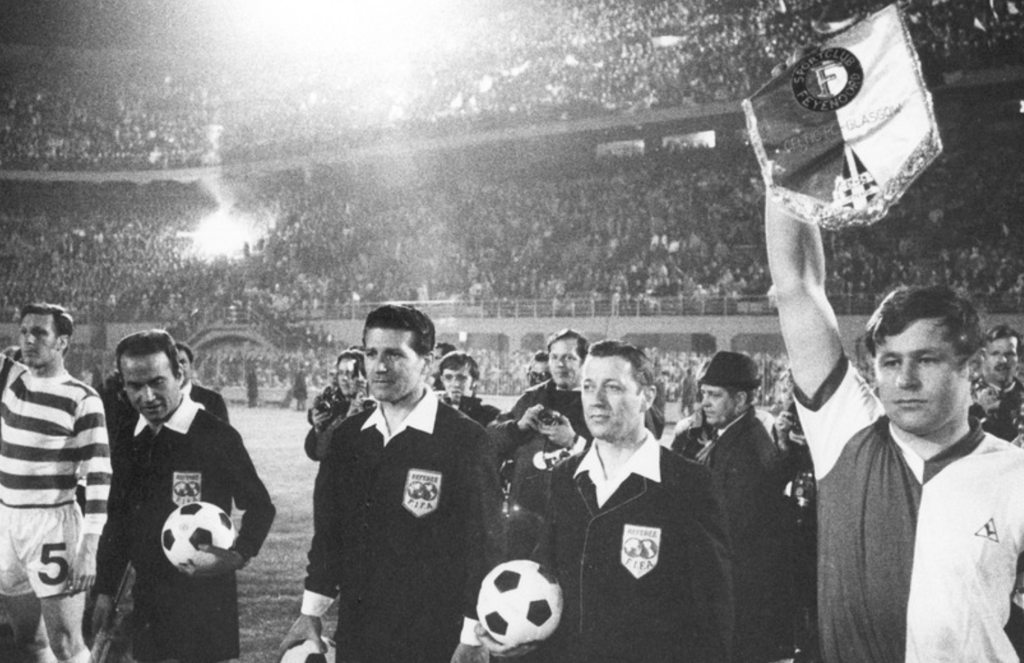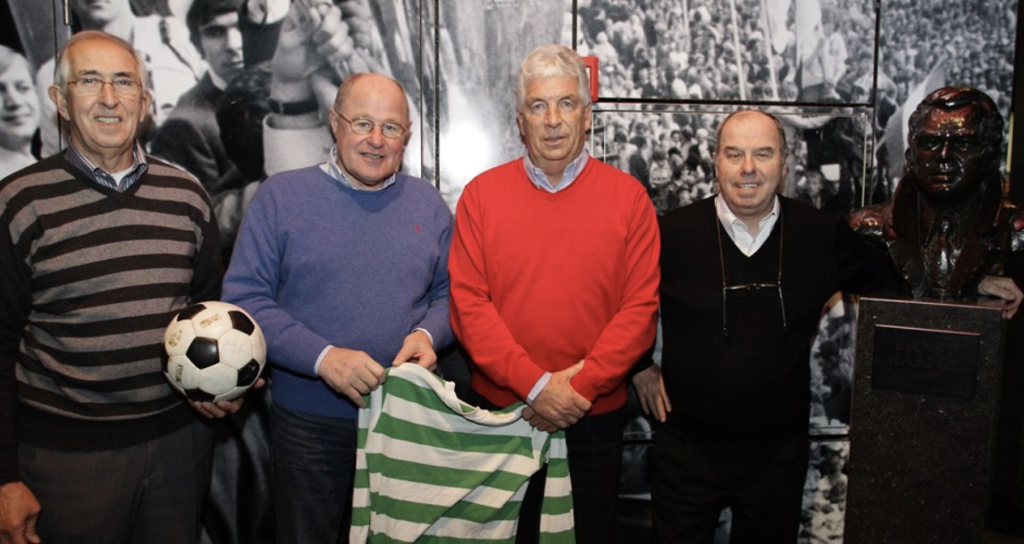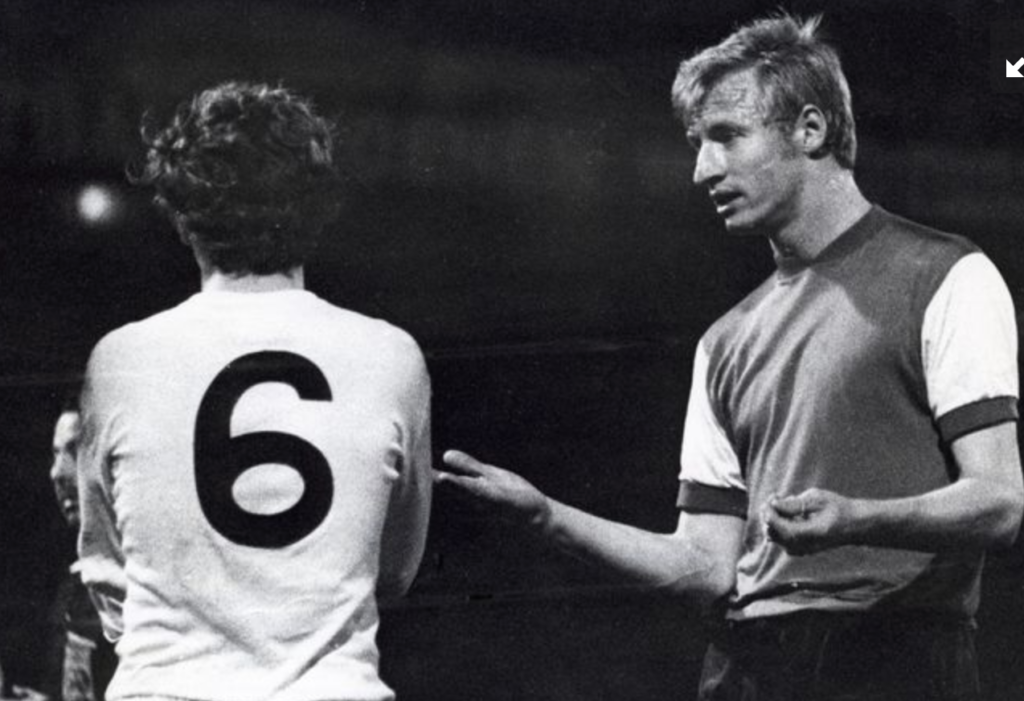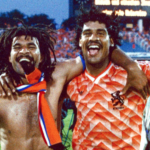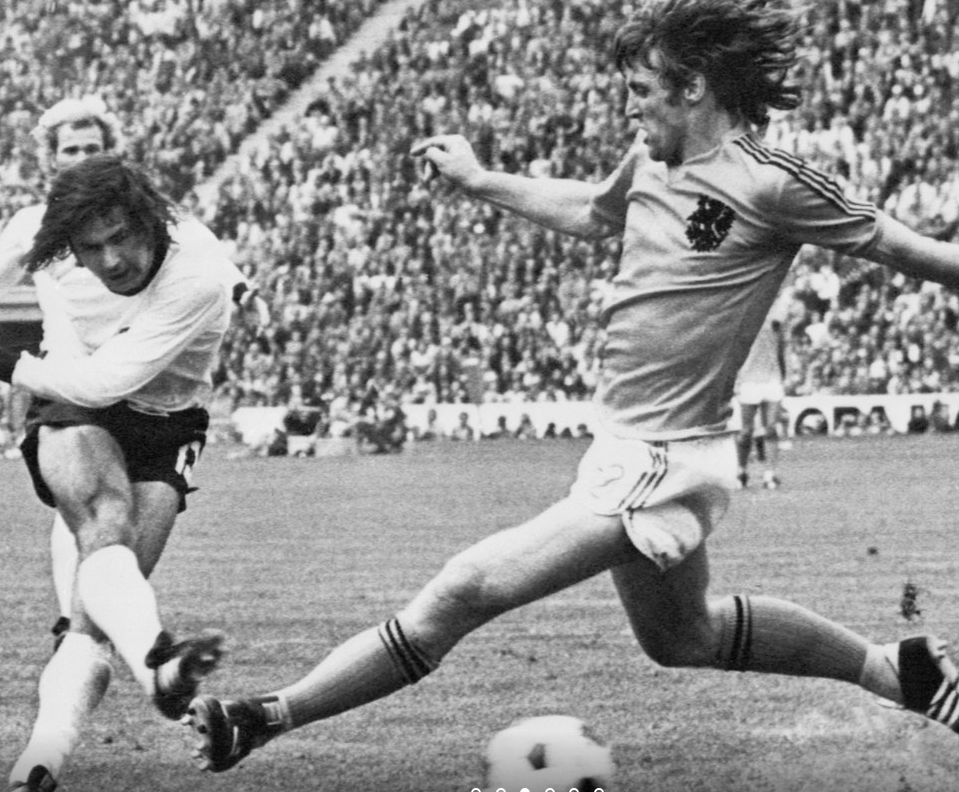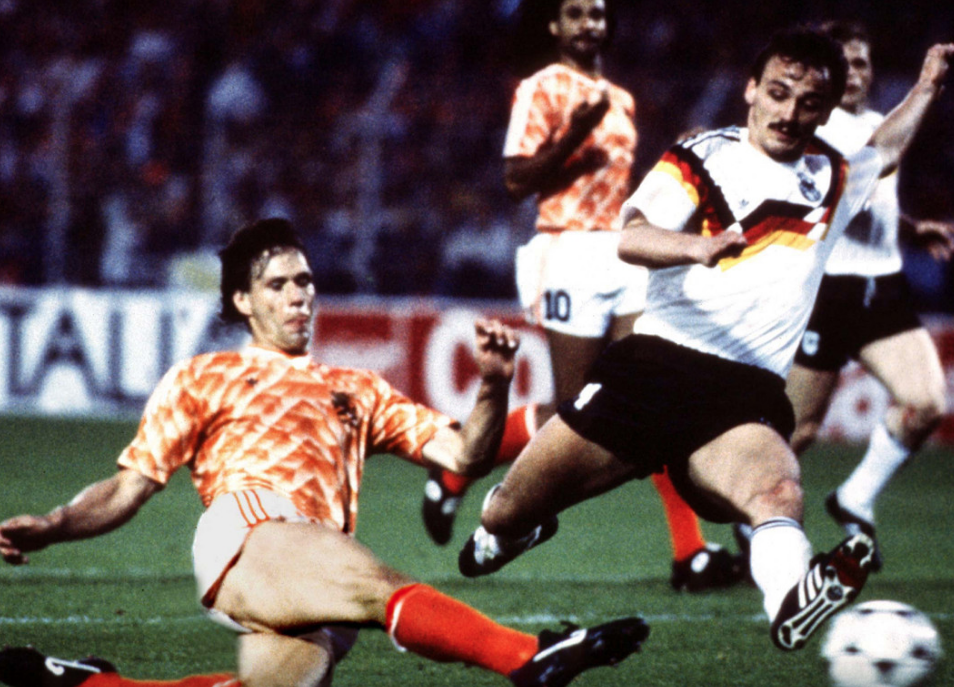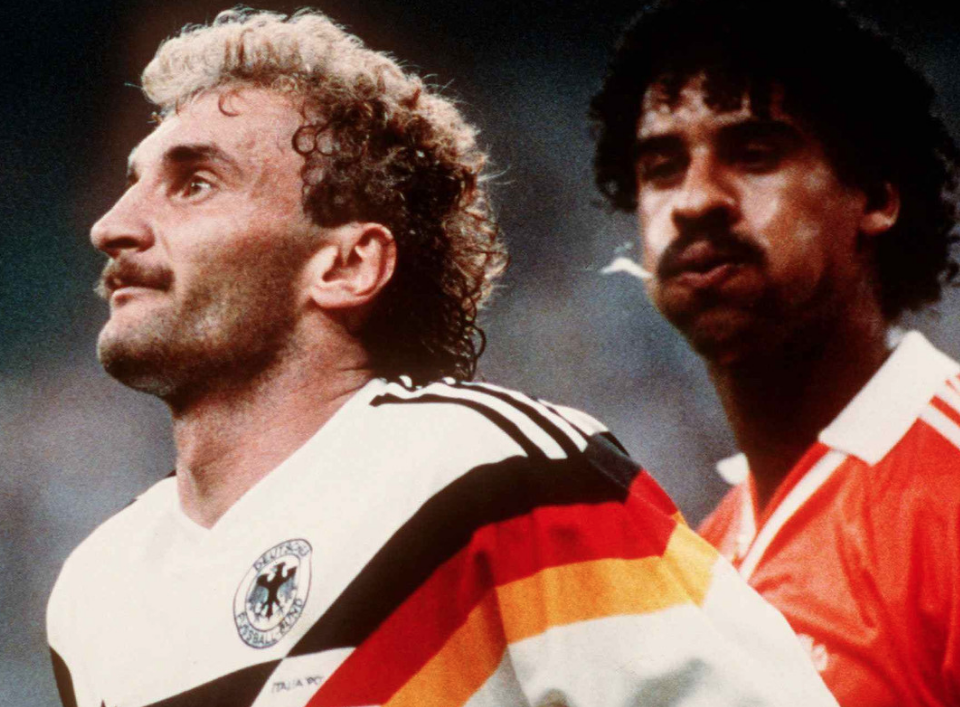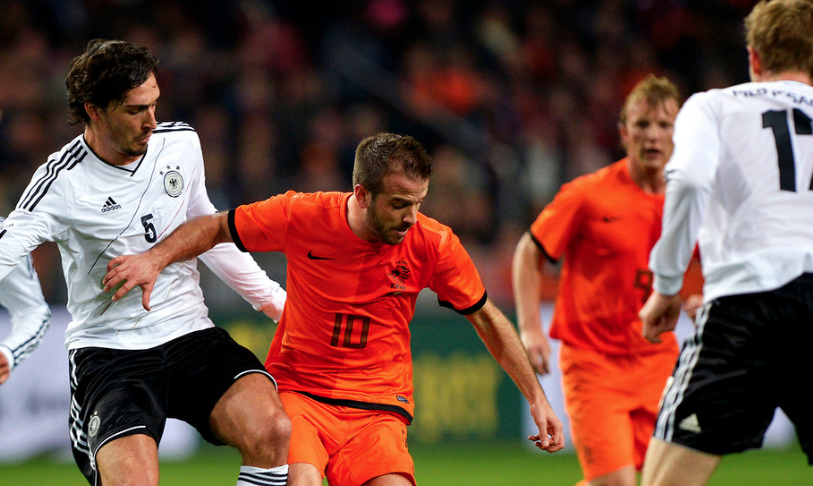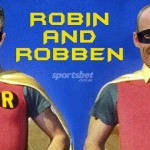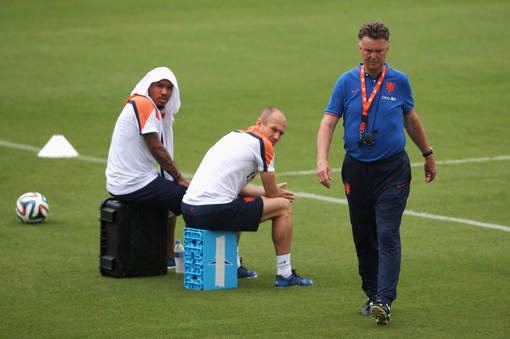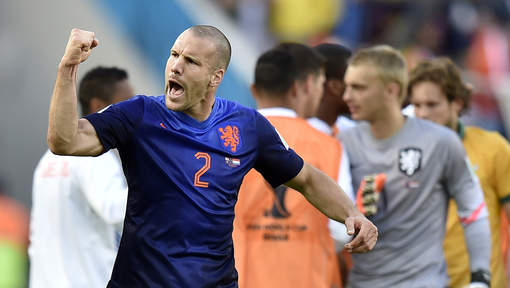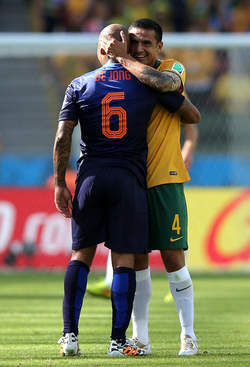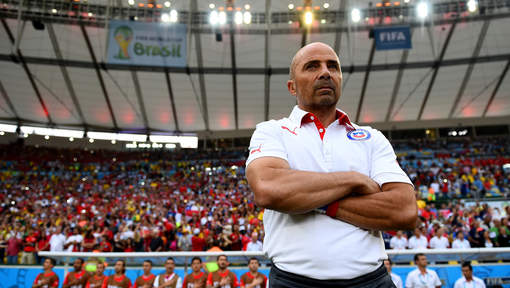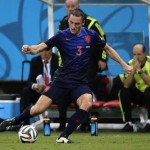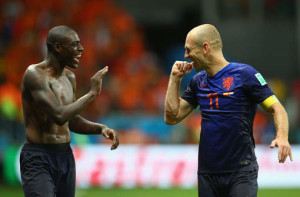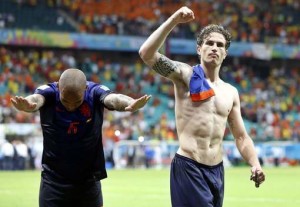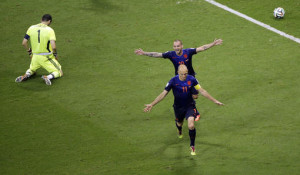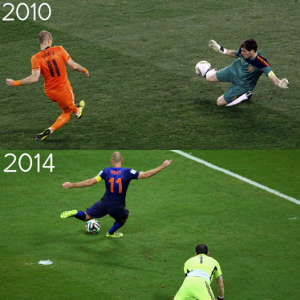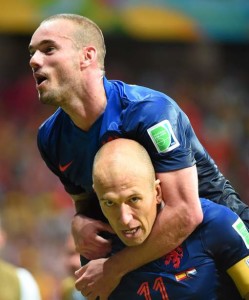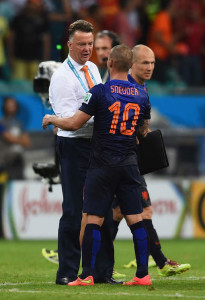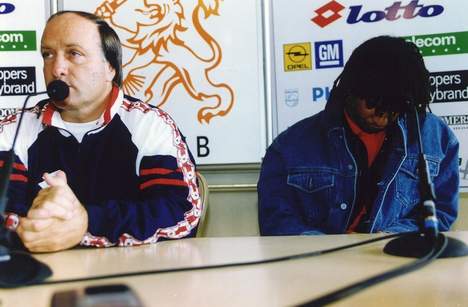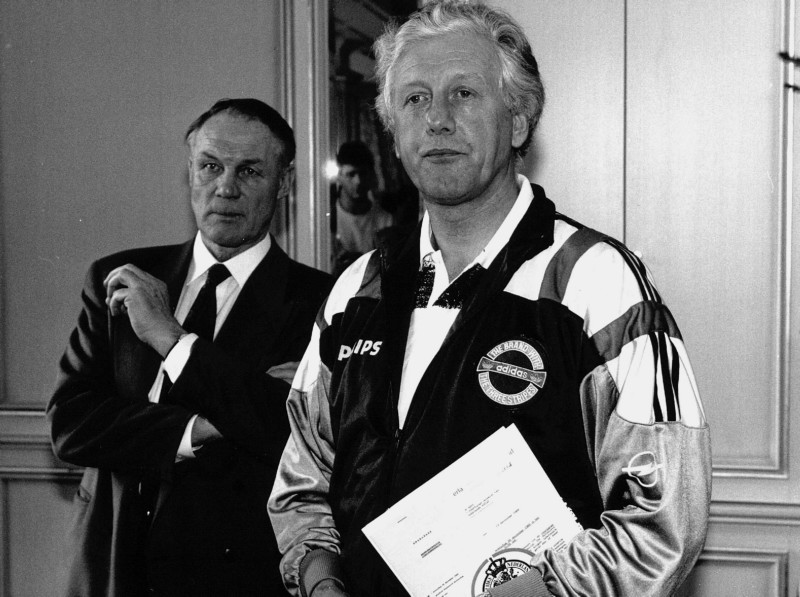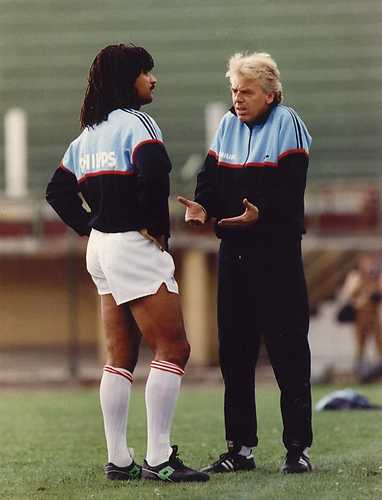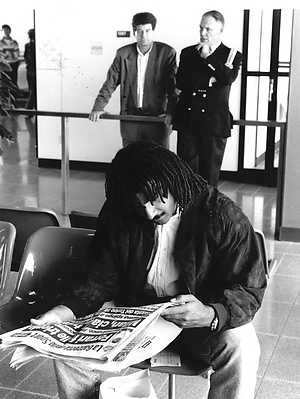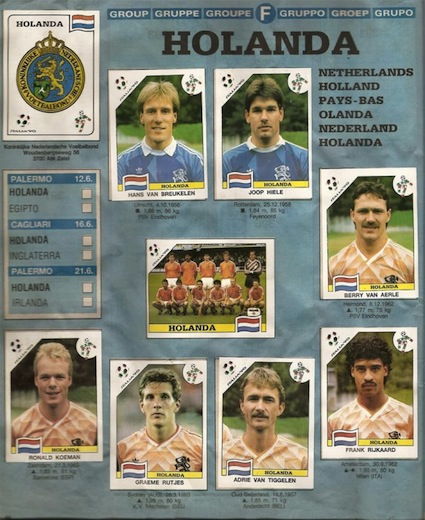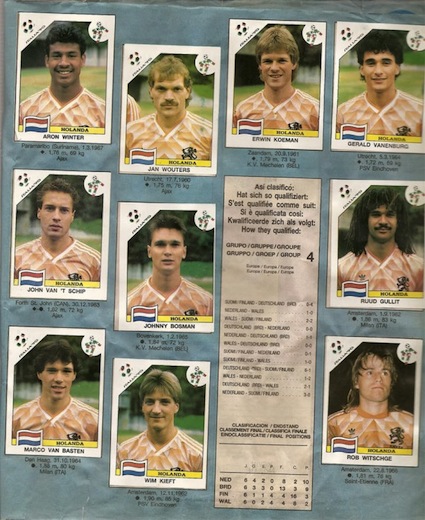You know that when a Brazilian guy prefers the Dutch Oranje over the Seleção Canarinho, you have a really cool and special dude in your tribe!
I have been speaking with him for months and it was clear to me he was and is the ideal guy to take over from me.
I mean: you try and find a Brazilian guy who would admit Cruyff was better than Pele, right?
Here is a first interview with our new playmaker.
So, Tarcisio, welcome! Tell us a bit about yourself?
Tarcisio: “I was born and live in Recife, the capital of Pernambuco, a state located in the northeast of Brazil and which has a very particular history with the Netherlands. Between the years 1630 to 1654, our state was colonized by the Dutch and Maurício de Nassau was the governor of our state during that period. He brought many improvements to our state, but “unfortunately”, the people managed to expel the Dutch from here. And I say that it is unfortunately, because when the Dutch left Pernambuco, they went to the United States and colonized New York. I believe that having the Dutch here would be better than the Portuguese who came to steal our riches and did not think about developing our region, as Maurício de Nassau did while he was here. In Recife, I live with my sister and mother. I’m 27 years old and since I was 16 I’ve been following Dutch football and I started to fall in love with it. Initially, I liked the country. I liked the things I read about the Netherlands, the culture, the history and that’s when I got deeper into football. I love Holland, I really do and don’t ask me why, things just happened and the next thing I know, I was completely in love with the country. But I’ve never been to Holland. My life goal is to live in Holland.”
This is Tarcisio’s Oranje Office, where the blogging-magic will be happening
Did you play football yourself?
“When I was younger, I played football for Sport Recife, one of the big clubs in my region. Today, I don’t like to play, I just like to watch.”
But you probably do adore Pele? Like we do Cruyff?
“For many, Pelé was the best and greatest player in the history of football, but for me, nobody has ever surpassed Johan Cruijff. What he did and what he left for football was much greater than any other athlete. Alongside Rinus Michels and many other legends, he revolutionized football. To this day, we see his legacy being upheld by Josep Guardiola. Pelé was a great player, but he didn’t leave the legacy for the sport that Johan Cruijff did. And I’m scared how the Dutch don’t appreciate Johan Cruijff. He was simply a genius and greater than anyone else.”
Do you follow the Oranje only, or also the Dutch clubs?
“I follow all Eredivisie and Keuken Kampioen Divisie matches. Every weekend I watch Dutch league games. I just don’t watch amateur division games, because they aren’t broadcast here in Brazil. I don’t speak Dutch, it’s one of the languages I want to learn.”
Which tournament stands out for you, re: the Dutch National Team?
“In my opinion, the 1974 World Cup was the Dutch team that impressed me the most. I didn’t have the opportunity to watch it, but from everything I’ve read and watched on videos, it was supernatural. But if you only analyze the competitions you watch, the 2014 World Cup was the coolest. We didn’t win the title, but we arrived discredited and reached the semifinal.”
This is where he lives and where we will all gather once we win the World Cup!
Do you support a particular Dutch club?
“I support Ajax, but whenever a Dutch team is on the field against any club from another country, I will support the Dutch club, because I want to see our football prosper. It’s not good that only Ajax can play the Champions League frequently. I want to see PSV and Feyenoord playing in these tournaments and showing the strength everyone has, just like the main teams in Portugal can do.”
Any favorite players?
“My list of favorite players starts with Johan Cruijff (it couldn’t be different), Ruud Krol, Wim Suurbier, Wim van Hanegem, Johan Neeskens, Rob Rensenbrink, Piet Keizer and Johnny Rep. Players like Wesley Sneijder, Robin van Persie and Arjen Robben are also on that list.”
How did you find out about the Dutchsoccersite?
“I found the site through Google. I was looking for Dutch football stories and reviews and Google introduced me to DutchSoccer. When I started reading, I fell in love with the content and tried to get in touch with you, to praise the high quality of the reviews. You were very humble and always open to help, and that made me even happier. I met a Dutchman who told me that people in Holland are not that friendly, but so far, the Dutch people I’ve met, I have nothing to complain about.”
Do you have any particular plans with the blog?
“I won’t be able to bring the quality and special touch that you’ve built over all these years to the site, but my idea would be to bring the daily updated news about Dutch football, from the top clubs to the clubs in the second division. . I want everyone to be able to get to know and follow the Dutch club by heart.”
And somewhere down there is a pub where we will get drunk on the success of our World Cup win!
How do you see the future of Dutch football?
“My perspective on Dutch football is that we can see clubs growing more and more. I hope that the directors understand once and for all that it is necessary to assemble competitive teams and compete strongly in European competitions, after all, they are what will bring money to our football. One thing I’ve learned over the years following football in the Netherlands is that the Dutch really see football as fun, unlike here in Brazil, for example. I think that’s the big difference and that’s why we can’t see Dutch football grow more than it can.”
Guys, it’s official now. The blog is in his able hands.
Say hello below and maybe also introduce yourselves? Say something about your age, where you live, how you came to become a fan of Oranje, and anything else you like to share.


